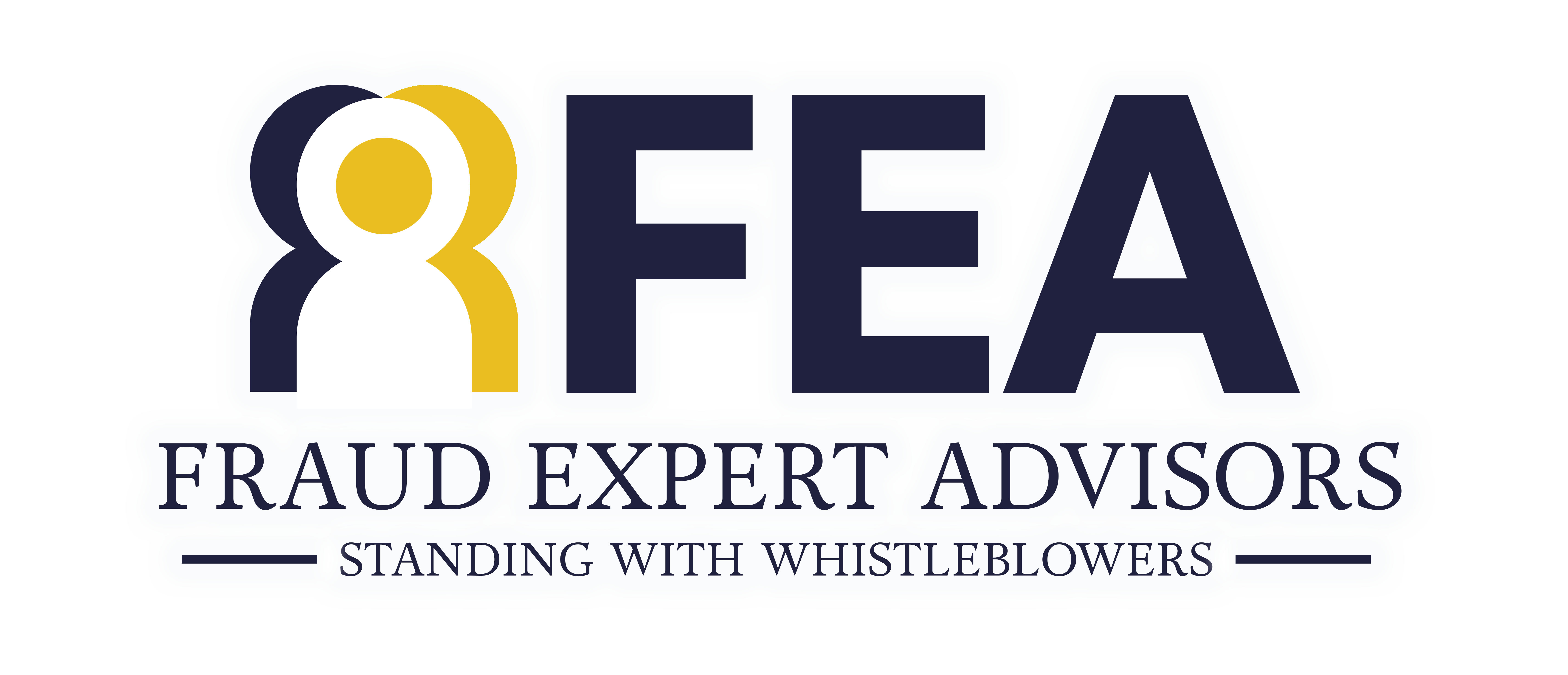
Foreign Corrupt Practice Act (FCPA)
Foreign Corrupt Practices Act. The Foreign Corrupt Practices Act (FCPA), enacted in 1977, generally prohibits the payment of bribes to foreign officials to assist in obtaining or retaining business.
Securities and Exchange Commission Office
The United States Securities Exchange Commission is a federal government agency that is in charge of protecting investors, and making sure that practices remain fair and orderly in the securities markets.
False Claims Act (FCA)
The False Claims Act (also called the “Lincoln Law,”) is an American federal law that imposes liability on persons and companies (typically federal contractors) who defraud governmental programs. It is the federal government’s primary litigative tool in combating fraud against the government. The law includes a qui tam provision that allows people who are not affiliated with the government, called “relators” under the law, to file actions on behalf of the government (informally called “whistleblowing” especially when the relator is employed by the organization accused in the suit.)
IRS Whistleblower Office
The IRS Whistleblower office is a branch of the United States Internal Revenue Service that processes tips that are submitted by individuals who spot tax violations in their place of work or anywhere else it may be encountered.
Commodity Futures Trading Commission
The United States Commodity Futures Trading Commission (CFTC) is an independent agency of the United States government that regulates futures and option markets.
Anti-Kickback Statute State Programs
The federal health care program anti-kickback statute (the “Anti-Kickback Statute”) provides criminal penalties for individuals and entities that knowingly and willfully offer, pay, solicit, or receive remuneration in order to induce business for which payment may be made under a federal health care program.
Foreign Corrupt Practice Act (FCPA)
The Foreign Corrupt Practices Act of 1977 (FCPA) is a United States federal law known primarily for two of its main provisions, one that addresses accounting transparency requirements under the Securities Exchange Act of 1934 and another concerning bribery of foreign officials.
The Dodd–Frank Wall Street Reform and Consumer Protection Act :
(Pub.L. 111–203, H.R. 4173, commonly referred to as Dodd-Frank) was signed into federal law by President Barack Obama on July 21, 2010. Passed as a response to the financial crisis of 2007–2008, it brought the most significant changes to financial regulation in the United States since the regulatory reform that followed the Great Depression. It made changes in the American financial regulatory environment that affected all federal financial regulatory agencies and almost every part of the nation’s financial services industry.
The law was initially proposed by the Obama administration in June 2009, when the White House sent a series of proposed bills to Congress. A version of the legislation was introduced in the House in July 2009. On December 2, 2009, revised versions were introduced in the House of Representatives by the then Financial Services Committee Chairman Barney Frank, and in the Senate Banking Committee by former Chairman Chris Dodd. Due to Dodd and Frank’s involvement with the bill, the conference committee that reported on June 25, 2010 voted to name the bill after them. Studies found Dodd-Frank improved financial stability and consumer protection, although there is evidence it may have had a negative impact on small banks. On June 8, 2017, the Republican-led House passed the Financial CHOICE Act which, if enacted, would roll back many of the provisions of Dodd–Frank. In June 2017, the Senate was crafting its own reform bill.
Anti-Kickback Statute
The federal Anti-Kickback Statute (“Anti-Kickback Statute”) is a criminal statute that prohibits the exchange (or offer to exchange), of anything of value, in an effort to induce (or reward) the referral of federal health care program business.
